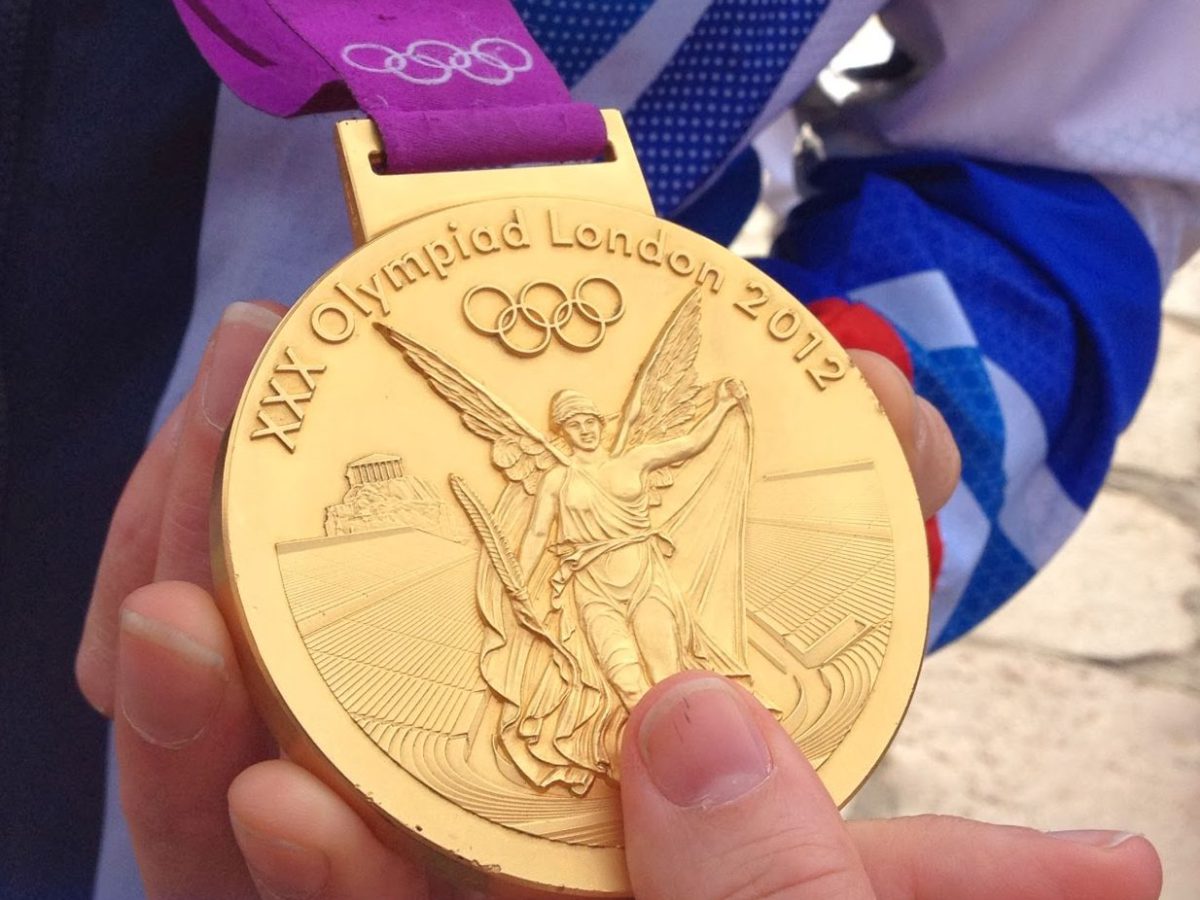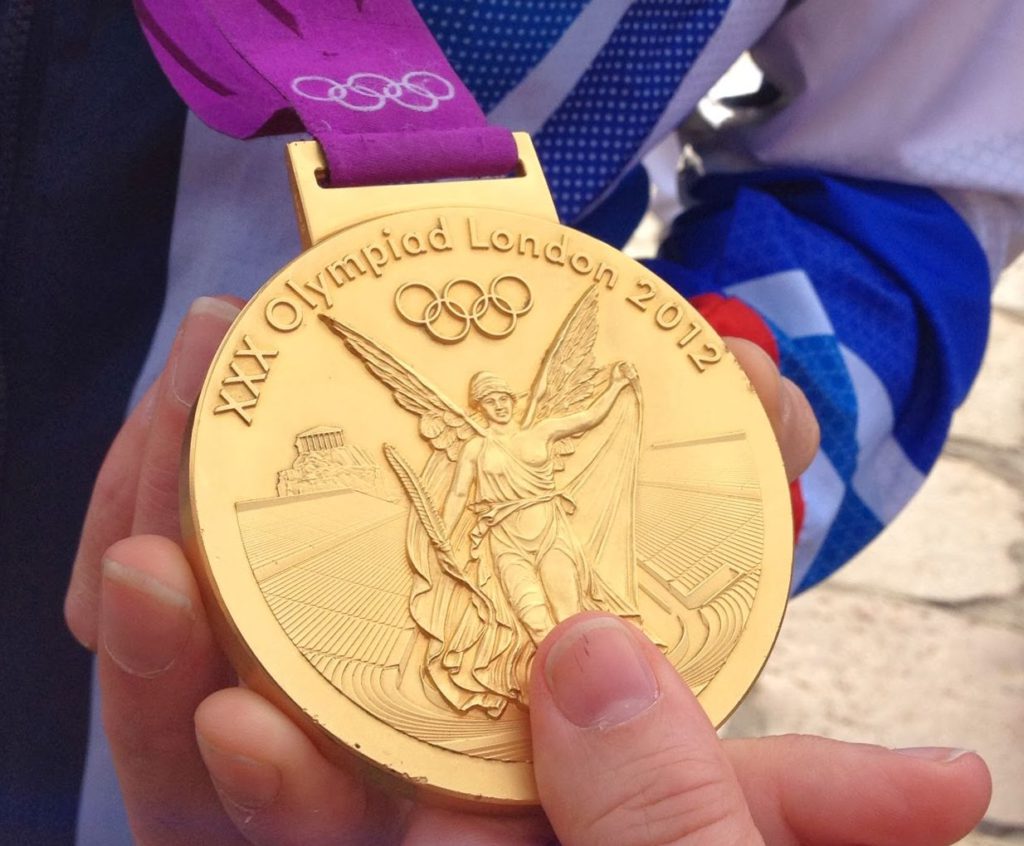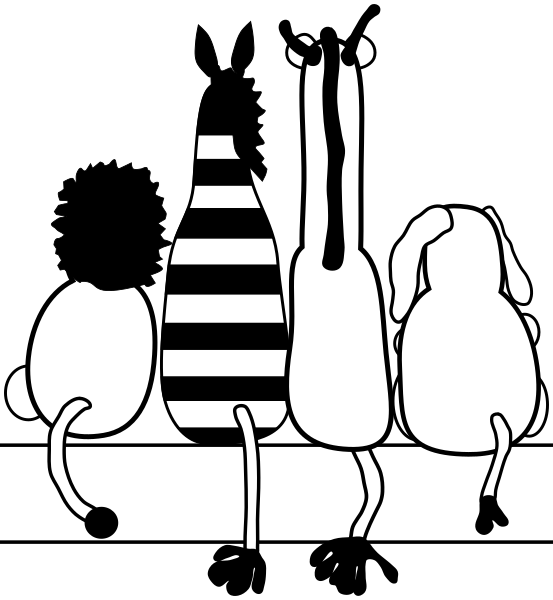When am I enough?


In the 1993 film ‘Cool Runnings’, a group of underdogs is striving hard to win a gold medal at bobsledding. On the evening before the crucial Olympic run, the team driver asks their coach why he once cheated, even though he already had two gold medals. The coach replies, “A gold medal is a wonderful thing. But if you’re not enough without one, you’ll never be enough with one.”. The driver then asks, “Hey, coach… how will I know if I’m enough?”. The answer is given with total confidence – “When you cross that finish line tomorrow, you’ll know.”
As it is a Disney film, this cryptic prediction of course comes true, in spectacular fashion. It’s not, however, an answer that has any practical application outside the story. Which is a pity, as the question is one that so many of us struggle with. I certainly do.
From an early age, we learn to look to others to see if we are doing well enough. It’s an essential part of learning. At the same time, it breaks my heart to see how my children increasingly compare themselves with others as they get older. Best, worst, fastest, slowest, biggest, smallest. In vain do I try to explain to them that comparisons are of limited value. Walk into the reception class, you are the biggest, walk into the top class, you are the smallest. If you are alone on a desert island, you are both the fastest and the slowest, the brightest and the most stupid. Or, as the absolutely brilliant mother in the book ‘Wall of Words’ pithily replies upon hearing that her eldest daughter came second in her class – “Meaningless. The others might all be monkeys”.

Image by Columbia Pictures – Trailer for the film, Public Domain, https://commons.wikimedia.org/w/index.php?curid=51477919
This drive to compare is unsurprising given we put so much emphasis on achievements. When a national football team wins the World Cup, the country is in ecstasy – if they come second, everyone looks downcast. Our films tell tales that subtly imply that achieving is the only way to be accepted, especially if you’re different. Being bullied at school? Just win the karate tournament. Regarded with suspicion by the Amish? Show them you’re a brilliant carpenter, and they’ll welcome you into their midst. Ugly duckling in the dance school? Only until you wow the main lead with your dance skills (and, incidentally, remove your glasses). In Cool Runnings itself – spoiler alert – the team gains acceptance in the bobsledding community by – you’ve guessed it – proving to be excellent bobsledders (even if that pesky sled breaking kept them from the gold medal).
On the one hand, this is a very uplifting message. No matter what, if you prove yourself worthy, then you will win through, and gain your place in the group.
On the other hand, it’s totally depressing. Because the flip side of earning acceptance with your abilities is that the chance exists that you will not earn it – that you are not ‘good enough’. Not smart enough, pretty enough, funny enough. It’s a fear that probably most of us experienced during puberty, desperately trying to win our place in the group.

For me, that fear dominated my life. I was never going to be pretty or cool. Nor could I carve out a place as the joker, or the agony aunt. So, the only way to have some value was to be smart. Being the top of the class became how I defined my identity. This was fine through school and university, with plenty of exams to continually demonstrate my worth. Once out in the challenging world of work, however, this changed. Success was far from guaranteed. Was that because the market wasn’t right? Because the problem was too intractable? Because the clients were too demanding? Or was it because I wasn’t ‘good enough’?
But good enough in whose terms? In all those inspirational stories, there is one clear test for being ‘enough’ – the karate competition, the barn-building, the Olympic games. In real life, we don’t tend to agree with each other on what ‘good enough’ is. For one person it’s financial success, for another it’s beauty, for another it’s a busy social life. Go all out for promotion, and you will probably gain your group of admirers, but there will be another group who bemoans your lack of team spirit, and yet another shaking their heads sadly at how lonely your private life must be. As the quote goes, “You can please some of the people all of the time, you can please all of the people some of the time, but you can’t please all of the people all of the time” (you can’t even get all of the people to agree on who this quote is from). Judge your (in)adequacy by the approval of others, and you are doomed to frustration.
Is it really even true that we need to be ‘good enough’ to have a place? Think for a moment about the people you most care about, the ones you want to spend your time with, who lift your spirits as soon as they walk in the door. Are they the smartest, the prettiest, the coolest, the most successful? I remember, as a teenager, compiling a long list of the attributes I wanted in a partner – handsome, funny, intelligent, caring. When I met my partner, I didn’t think of my list at all. Luckily, he wasn’t putting me through an objective evaluation either. We met, it clicked, and we fell in love.
The last time you had a good heart-to-heart with someone, were they being suave, intelligent and witty? Did they tell you all about their amazing achievements? The best conversations I have had, the most meaningful, the most intimate, have been when we have shared our uncertainties, our vulnerabilities. When the need to perform and impress has been laid aside, and we have truly seen each other, faults and all, and felt completely at ease.

What if it isn’t about being ‘good enough’ at all, but simply about finding the group of people that you get on with? It’s a strange thought to me, having spent years wishing I was someone else, someone who was attractive, witty and confident. The idea that I could simply be welcome for who I am seems too good to be true. Certainly, when this idea turns up in films, as it sometimes does, even in Hollywood, it feels like the prissy moral at the end of a children’s story, not like something from real life.
Why is that? Why is the idea of simple acceptance itself so hard to accept? I think the first reason is that we are indoctrinated with the idea that we have to earn, achieve and win. A gift makes us suspicious, we are immediately looking for the catch. The second reason is that, while wonderful, the idea is also terrifying. Earning acceptance through your achievements puts you in a position of power, of strength, of control. Earning acceptance by being who you are requires you to lay yourself bare and put yourself in the hands of others. It takes a lot of guts to make yourself so vulnerable.
I’ve never had guts, so I have spent years trying to hide my inadequacies, trying to second-guess what people wanted from me. This strategy felt safe at first, but the price is continual insecurity. I was haunted by the thought, ‘When they find out who I really am, they won’t want me’. That’s the ultimate fate of all those who ‘win’ their position. Just as in Cool Runnings, one gold medal will not be enough, you will have to keep on winning. Whereas if you are open about who you are from the start, then you know that your friends accept you as such, so there is no need to live in fear of discovery.
Understanding this is one thing, putting it into practice is another. I have the incredible good luck to have a partner with whom I can be myself. But the thought of being myself for the world at large feels as terrifying and exhilarating as standing at the top of an icy Olympic bobsleigh run. Will I have the courage to go for it? And when I cross the finish line, will I know that I am enough – no matter whether I win a medal, make a respectable showing, or come resoundingly last in true Eddie the Eagle style? Only time will tell.